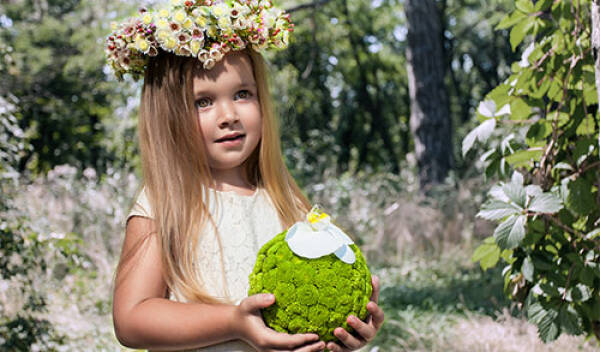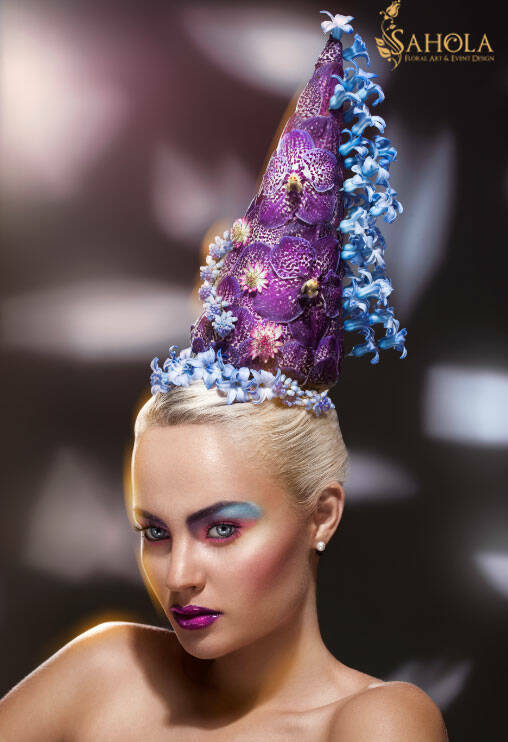This article was written after receiving a handful of beauties from saholaflowers.com
Flowers have always been a timeless celebration of beauty and nature, but more importantly – they make people unexplainably happy. Their remarkable ability to positively impact a person's psycho-emotional state is unmatched. This influence goes beyond mere aesthetics and can be attributed to a combination of factors, including phytoncides, emotions, and the innate human connection to the natural world. Let's explore how flowers affect our psychological well-being, shedding light on the multi-dimensional relationship between humans and these beautiful gifts from nature.
So what are Phytoncides? These are natural compounds released by plants, including flowers, as a defense mechanism against insects and pathogens. These compounds possess therapeutic properties that extend beyond plant protection. When we come into contact with flowers, we inhale their fragrant phytoncides, which can have a calming and rejuvenating effect on our minds.
Lavender, known for its soothing aroma, which contains phytoncides that can reduce anxiety and stress. Inhaling lavender triggers the release of serotonin, a neurotransmitter associated with feelings of happiness and well-being. This is just one example of how scent of flowers can have a direct impact on our emotional state, promoting relaxation and tranquility.
The sight of a vibrant bouquet of flowers can inspire all sorts of positivity. Seeing the vivid colors and delicate petals stimulate all of our other senses, instantly creating feelings of joy, awe, and wonder. Flowers are often associated with important life events such as weddings, birthdays, and anniversaries, making them powerful triggers for positive memories and emotions.
Moreover, the act of giving and receiving flowers is a universal gesture of love and care. This exchange of beauty and sentiment strengthens social bonds and fosters emotional connections between individuals. It is not just the beauty of the blooms themselves but also the meaningful exchanges they represent that contribute to our emotional well-being.
The concept of biophilia suggests that humans have an innate connection to nature. It is deeply rooted in our evolutionary history as beings who once depended on the natural world for survival. Flowers, as a part of nature, evoke a sense of comfort and belonging within us.
Studies have also shown that exposure to natural elements, including flowers and greenery, can reduce stress, anxiety, and even symptoms of depression. The presence of flowers in our environment can mimic the soothing effects of spending time in nature, which is essential for our psychological health.
Flowers have a unique ability to inspire creativity and boost cognitive function as well. Their intricate shapes, vibrant colors, and intricate patterns can stimulate our imagination and encourage innovative thinking. Many artists, writers, and thinkers have drawn inspiration from the beauty of flowers.
Whether you're an artist seeking inspiration for your next masterpiece or someone looking to enhance their problem-solving skills, surrounding yourself with flowers can serve as a catalyst for creative thinking and mental clarity.
Engaging with flowers, whether through gardening, arranging bouquets, or simply observing their beauty, encourages mindfulness — a practice that involves being fully present in the moment. This mindfulness can help reduce stress, improve mental clarity, and enhance overall well-being.
When we take the time to appreciate the intricate features of a flower's petals or the subtle variations in color, we are engaging in a form of mindfulness that allows us to temporarily escape the pressures of our busy lives and find solace in the present moment.
The impact of flowers on a person's happiness is a complex interplay of phytoncides, emotions, our innate connection to nature, and their ability to inspire creativity and mindfulness. Whether through their fragrance, the joy they bring, or the sense of nature they evoke, flowers have the power to uplift our spirits, reduce stress, and enhance our overall sense of well-being.













